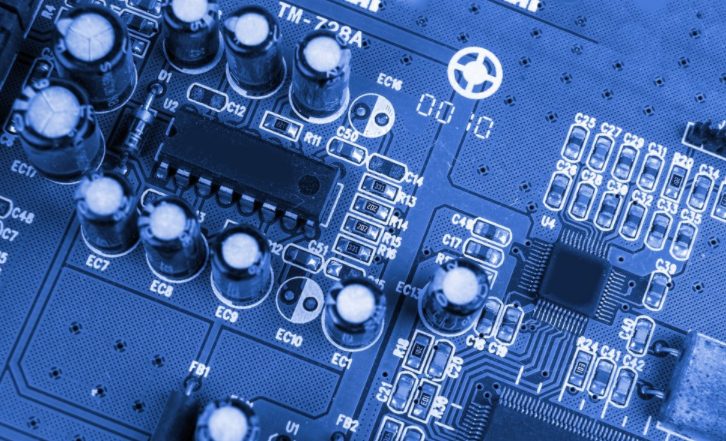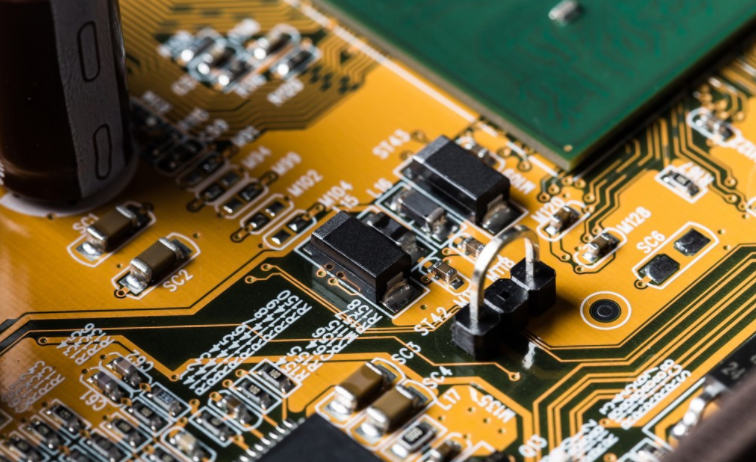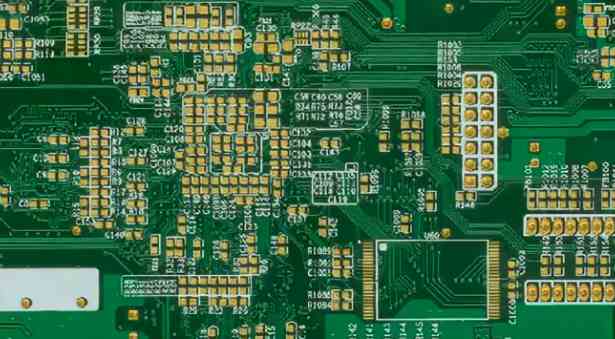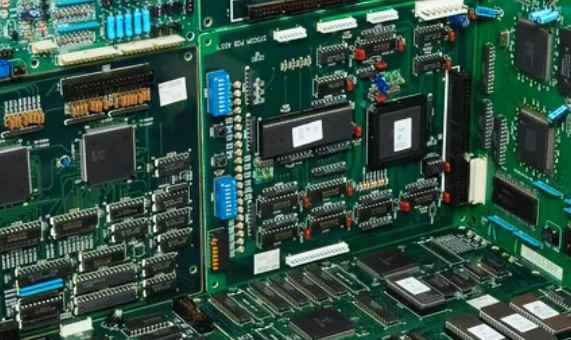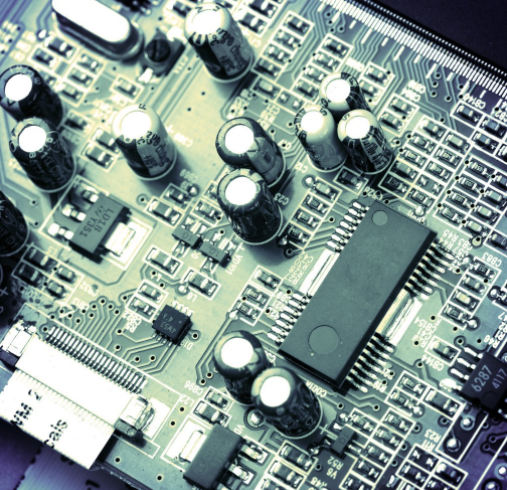
Ingenious Skills of PCB Layout and Processing Defects
For example, PCB size requirements are getting smaller and smaller, equipment density requirements are getting higher and higher, and PCB design is becoming more and more difficult How to shorten the design time of PCB boards with high routing rate? Let's talk about PCB board planning, layout and wiring Before starting wiring, carefully analyze the design and carefully set the tool software, which will make the design meet the requirements
PCB board
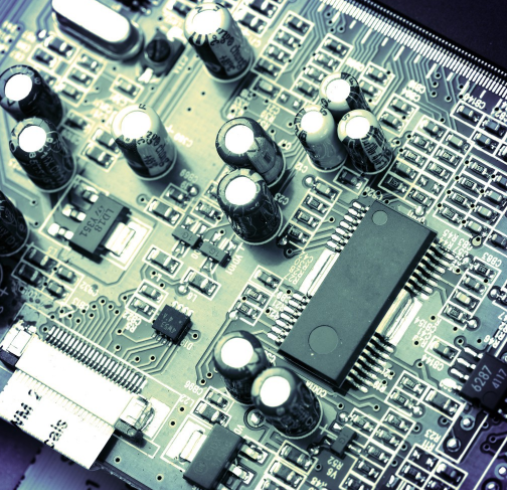
1. Determine the number of layers on the PCB
The circuit board size and wiring layer need to be determined early in the design The number of routing layers and stacking method will directly affect the routing and track impedance The size of the circuit board helps to determine the stack and track width to achieve the desired design effect At present, the cost difference between multilayer boards is very small. The design starts with more circuit layers and uniformly distributed copper
2. Design Rules and Limitations
To successfully complete routing tasks, routing tools need to work under correct rules and constraints All signal lines with special requirements shall be classified. Each signal category shall have priority. The higher the priority, the stricter the rules The rules related to the track width, the number of vias, the similarity, the interaction between signal lines, and layer restrictions have a great impact on the performance of routing tools Careful consideration of design requirements is an important step for successful cabling
3 Layout of components
During this assembly process, design for manufacturability (DFM) rules impose constraints on component placement If the assembly department allows parts to move, the circuit can be properly optimized for automatic wiring The rules and constraints you define affect the layout design Automatic routing tools consider only one signal By setting the routing constraints and the layers that signal lines can be routed, the routing tool can complete the routing according to the designer's ideas
For example, for the layout of the power lines:
1) In the PCB layout, the power decoupling circuit should be designed near each related circuit rather than placed in the power supply component, otherwise, it will not only affect the bypass effect, but also flow pulsating current on the power line and ground wire;
2) For the power supply direction inside the circuit, the power supply filter capacitor of this part should be arranged near the last stage;
3) For some main current channels, such as disconnecting or measuring current during commissioning and testing, the current gap should be set on the printed wire during layout In addition, pay attention to the layout of regulated power supply on separate printed boards as much as possible When the power supply and circuit share a printed board, in the layout, the mixed layout of the regulated power supply and circuit components or the grounding of the power supply and circuit should be avoided Because this kind of wiring is not only vulnerable to interference, but also can not disconnect the load during maintenance. Only part of the printed circuit can be cut, thus damaging the printed circuit board
4. Fan-Out Design
During the fan out design phase, each pin of surface mounted equipment shall have at least one through-hole to allow the circuit board to conduct inter layer connection, online test, and reprocess the circuit when more connections are needed In order to make the automatic routing tool efficient, make sure to use the size of vias and traces as much as possible. Ideally, the interval is set to 50mil Type of vias to use to make the number of routing paths available After careful consideration and prediction, the design of test in circuit can be carried out at the early stage of design and realized at the later stage of production process The type of through-hole fan out is determined according to the wiring path and the test in the circuit Power and grounding also affect cabling and fan out design
5. Manual wiring and processing of critical signals
Manual routing is an important process in Printed Circuit Board Design now and in the future By manually routing and fixing the selected network, a path that can be used for automatic routing can be formed First, send key signals, manually or in combination with automatic routing tools After wiring, relevant engineers and technicians will check the wiring of these signals After passing the inspection, the wires will be fixed, and then the automatic wiring of other signals will be started Since there is impedance in the ground wire, it will bring common impedance interference to the circuit Therefore, when wiring, do not connect any point with the grounding symbol at will, which may cause harmful coupling and affect the operation of the circuit At higher frequencies, the induced reactance of the conductor will be several orders of magnitude greater than the resistance of the conductor itself At this time, even if only a small high-frequency current flows through the wire, it will produce a certain high-frequency voltage drop Therefore, for high-frequency circuits, the PCB layout should be as compact as possible and the printed wire should be as short as possible
There are mutual inductance and capacitance between printed wires When the operating frequency is large, it will cause interference to other components, which is called parasitic coupling interference Possible suppression methods are:
1) Try to shorten the signal wiring between all levels;
2) Arrange the circuits at all levels in the order of the signals to avoid the signal lines at all levels crossing each other;
3) The wires of the two adjacent panels should be vertical or cross, not parallel;
4) When the signal wires are to be arranged in parallel in the board
6. Auto-routing
For the wiring of key signals, it is necessary to consider controlling some electrical parameters, such as reducing the distributed inductance, during the wiring process After understanding the input parameters of the automatic routing tool and the influence of the input parameters on the routing, the quality of automatic routing can be achieved to a certain extent Ensure that General rules should be used when routing signals automatically By setting constraints and no wiring areas to limit the number of layers and vias used for a given signal, the wiring tool can automatically route according to the design idea of the engineer After the constraints are set and the created rules are applied, the automatic routing will achieve results similar to those expected. After the partial design is completed, it is fixed to prevent it from being affected by the subsequent routing process The number of traces depends on the complexity of the circuit and how many general rules are defined Today's automated routing tools are very powerful and can usually complete 100% routing However, when the automatic wiring tool does not complete the wiring of all signals, the remaining signals need to be manually routed
The above is the explanation given by the editor of pcb circuit board company.
If you want to know more about PCBA, you can go to our company's home page to learn about it.
In addition, our company also sells various circuit boards,
High Frequency Circuit Board and SMT chip are waiting for your presence again.


